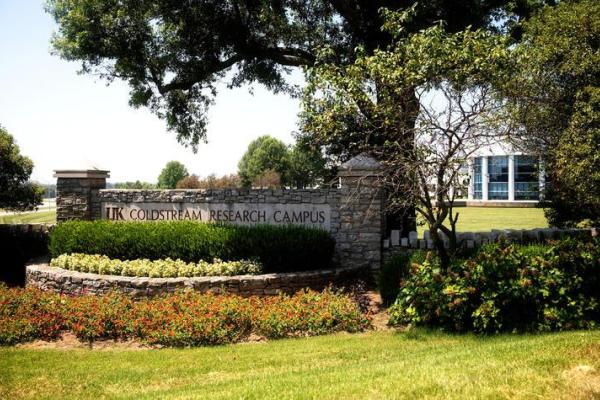Study: Academic Promotion Should Reward Innovation and Entrepreneurship

A University of Kentucky investigator and administrator is co-author of a study published in Science on Sept. 17 that calls for university promotion and tenure processes to be broadened and made more inclusive of innovation, entrepreneurial activity and other diverse forms of scholarly impact from faculty.
UK’s Associate Vice President for Research, Innovation and Economic Impact Ian McClure, J.D., is among the paper’s 18 authors, representing 14 institutions across the U.S. The paper follows the work of the Promotion and Tenure, Innovation and Entrepreneurship (PTIE) Coalition, who voted to approve a set of recommendations for recognizing innovation and entrepreneurial achievements among the criteria for promotion and tenure. The work was supported by a grant awarded to Oregon State University from the National Science Foundation in 2019 with additional support from VentureWell and the Lemelson Foundation.
The paper shows current academic promotion and tenure processes can fail to fully assess and value entrepreneurial, innovative and community-engaged endeavors that can produce the kind of societal impacts universities are increasingly being called upon to provide.
The economic stakes are potentially very high — in 2019, the Association of Governing Boards of Universities and Colleges released that technology transfer from universities is a major driver for the U.S. economy, contributing $591 billion to the gross domestic product over the past two decades and supporting more than 4 million jobs.
“The people that a university produces are its most important product. The tenure and promotion process is the formative factor in developing research faculty at those institutions, which manages the environment that fosters a cultural imprint on their students. Thus, institutions must adapt their processes to be as inclusive as possible as the world innovates and evolves in the ways that research can be impactful,” said McClure.
The PTIE recommendations embrace an inclusive definition of innovation and entrepreneurship with traditional tech-driven licenses and startup creation, as well as efforts from across the university, including areas not commonly associated with entrepreneurship such as liberal arts.
“The recommendations proposed in this paper help institutions consider how they might remove bias in the tenure and promotion review process to more fully assess and value entrepreneurial, innovative endeavors that deliver the kinds of societal impacts universities are increasingly being called on to provide. The fact that 100 leaders were representing 65 universities and 13 national organizations involved in this study, and further that those leaders and universities unanimously endorsed these recommendations, evidences the resonance of this issue,” McClure said.
The paper also recommends creating a “superstructure” to support faculty working in other areas of scholarship such as diversity, equity and inclusion, team science, open science and community engagement that may not always be fully valued under the current system.
“As these evolving forms of scholarship are incorporated into the fabric of higher education, the faculty evaluation process thus needs to be updated to reflect this changing landscape,” the authors wrote.
The study says the inclusive PTIE approach will allow most faculty to see benefits to the recommended changes without undermining basic and/or curiosity-driven research while supporting academic freedom.
In addition to McClure, the paper’s co-authors included scholars from Oregon State University; Iowa State University; University of California San Diego; Jackson State University; University of Massachusetts Lowell; Michigan State University; Purdue University; Texas A&M University; Oregon Health & Science University; University of Kentucky; Washington State University; University of California, Berkeley; University of Arizona; and North Carolina State University.
Credits
Elizabeth Chapin (Research Communications)

